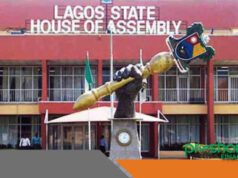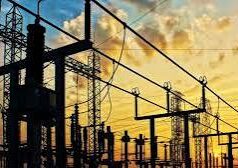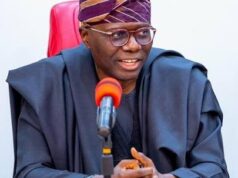
The Federal Government has decided to enter into partnership with the European Union and Germany in the construction of solar-powered mini-grids, in five states of the federation, under the Nigerian Energy Support Programme (NESP).
Shedding more light on the matter, NESP said that six solar mini-grids were currently being supported by the programme to provide electricity to residents of five states namely: Ogun, Niger, Plateau, Sokoto and Cross Rive, iwin reports.
It stated, on Thursday, that the latest rural electrification programme undertaken by the EU and Germany was in Sokoto State.
The agency added that as part of the rural electrification programme, an 80kWp solar mini-grid project had successfully been completed in Kurdula, Gudu Local Government Area of Sokoto State and would be inaugurated today (Friday).
It noted that projects being funded by the European Union and the German government via the Federal Ministry for Economic Cooperation and Development, were the ones in which more than 4,000 people would benefit from clean electricity in Sokoto State.
It said, “The Kurdula solar mini-grid is one of six such projects currently supported by the Nigerian Energy Support Programme. Altogether, the projects will provide electricity to more than 10,000 people across five states of Ogun, Niger, Plateau, Sokoto and Cross River.
“It has been implemented by GIZ together with the Federal Ministry of Power, Works and Housing, the Sokoto State Government and a private company, GoSolar.”
It stated that through the NESP, the European Union and the German government were supporting the Ministry and other relevant stakeholders in Nigeria’s power sector, to ensure that energy solutions, such as the mini-grid approach could be replicated and scaled up.
According to the agency: “An additional 100,000 rural inhabitants in several states across Nigeria will receive support from the programme until 2020. The NESP is a €24.5m technical assistance programme, to promote investments in renewable energy, energy efficiency and rural electrification.
“The NESP is co-funded by the European Union and the German government, via the Federal Ministry for Economic Co-operation and Development, and is jointly implemented by the Federal Ministry of Power, Works and Housing and the Deutsche Gesellschaft für Internationale Zusammenarbeit,” the statement says.











